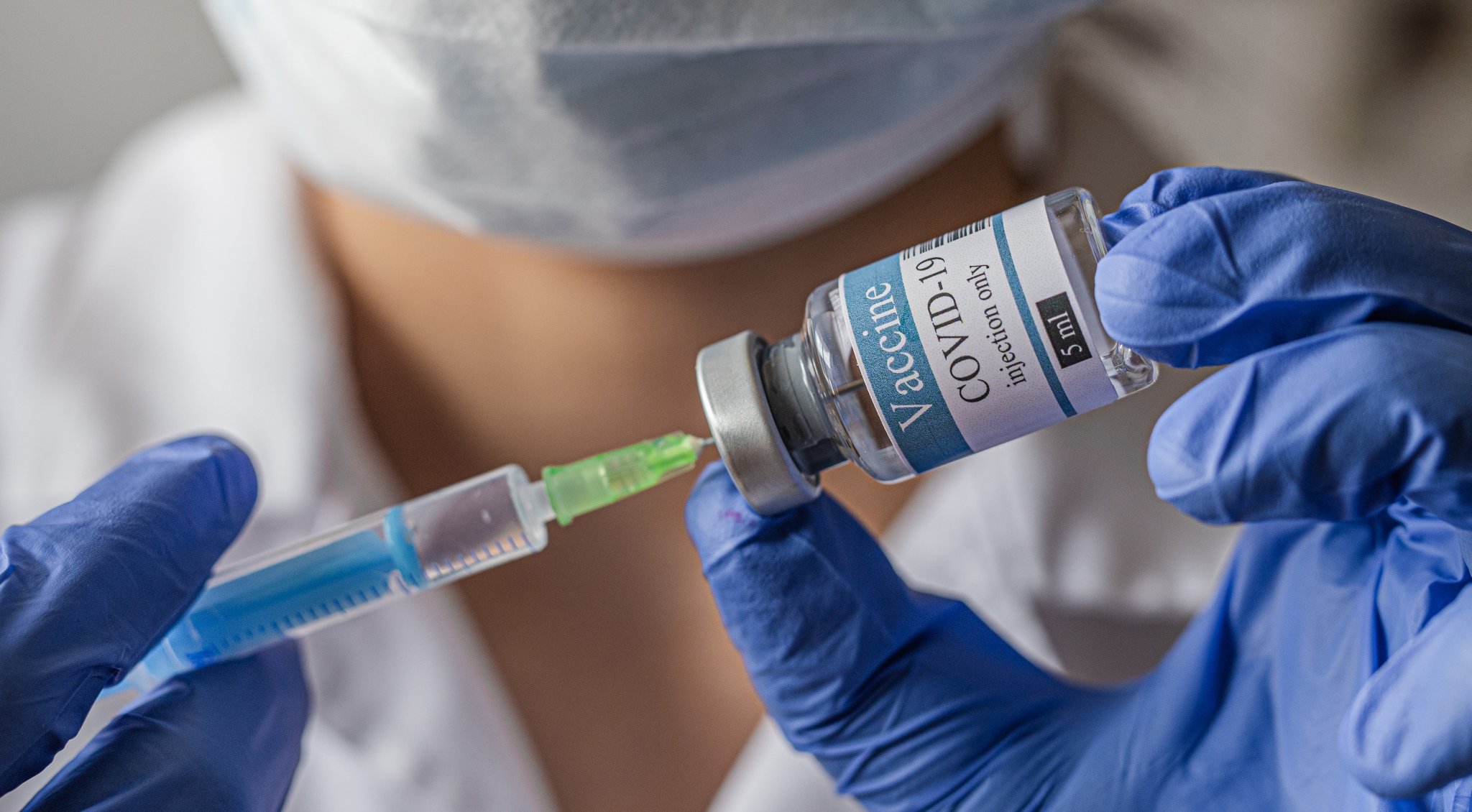
To effectively curb a pandemic, everyone in the world must get access to essential medical innovations as rapidly as possible. The Covid-19 pandemic has shown that this is far from a given. While high-income countries were vaccinating their population multiple times, low-income countries experienced dire vaccine shortages. This disparity is unacceptable as it leads to avoidable deaths, hardship and economic damage. Access for all must be guaranteed now, to protect us against potential new Covid-19 waves and mutations as well as future pandemics.
Different public institutions have started or proposed a wide variety of initiatives to make access to medical products against Covid-19 and future pandemics more equitable. This website provides an overview of these initiatives and their characteristics, strengths and weaknesses. If you want to know more about an initiative, click on ‘read info & analysis’ in the overview below to see the full details.
Overall conclusion: there is no silver bullet. A combination of efforts is required to reach true equal access in the short- and long-term, and to reverse the power imbalances so entrenched in the current response.
We analyse the initiatives on the basis of five main dimensions:
Sufficiency – to what extent could this initiative help meet the global demand for Covid-19 innovations?
Urgency – to what extent could this initiative increase global access to Covid-19 innovations urgently?
Sustainability – to what extent could this initiative improve resilience to future public health emergencies of international concern?
Power balance – to what extent could this initiative contribute to equal power relations between high-income countries and lower-income countries?
People first – to what extent does this initiative put public interest above commercial interest?